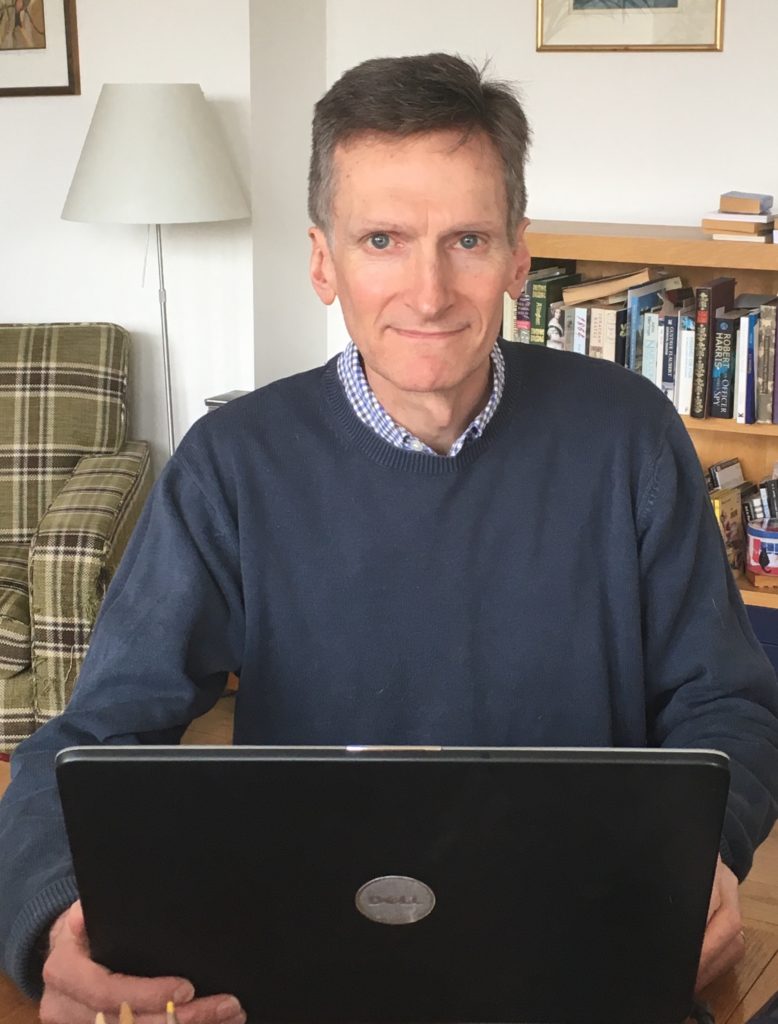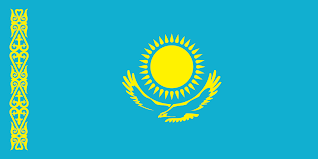13 January 2022
Kazakhstan
Russia v China?
By Neil Tidmarsh

Mass protests, sparked by a doubling in the price of petrol but exploding into angry and violent demonstrations against corruption, oppression and poverty; government buildings and police cars going up in flames; the president ordering his security forces to shoot to kill; over 2000 Russian-led troops rushing to the country to crush the protests after the government appeals to Moscow for help from the CSTO (the Collective Security Treaty Organisation – an alliance of six former Soviet states, mobilised for the first time in its 30 year history). 164 people killed, 10,000 detained.
The presidents of Kazakhstan and Russia both say that the protesters are “terrorists” who have been trained overseas and organised and encouraged by foreign agents (just who those foreign powers might be remains vague; the Russian president has hinted at the West, the Kazakh president has hinted at Islamist cells). But they would say that, wouldn’t they? Moscow made the same claims about the protests which rose up against the oppressive and corrupt Russian-backed regimes in Ukraine in 2014 and in Belarus in 2020.
And yet, consider the following:
1) Kazakhstan is sandwiched between Russia and China. It’s a mineral-rich country, producing 40% of the world’s uranium. It’s an ex-soviet republic (its population includes 3.5 million ethnic Russians), but China is keen to enrol it into its global Belt and Road project. It supplies one fifth of China’s imported gas and also sells oil and copper to its southern neighbour. Its biggest city, Almaty, is in the south, near the Chinese border; it used to be the capital but Astana, a city in the north near the Russian border, was made the capital in 1997.
2) Its first president, Nursultan Nazarbayev, was appointed by Moscow in 1989 when it was still a soviet republic. Following independence two years later, however, Nazarbayev began to distance himself from Moscow and to seek closer economic and political ties with Beijing. He resigned in 2019, handing the office to his protégé Kassym-Jomart Tokayev (the current president), but retaining power and influence behind the scenes; he kept the title “leader of the nation” and the capital city Astana was re-named Nur-Sultan in his honour.
3) In the last two years, competition for influence between Moscow and Beijing appears to have intensified, with President Tokayev perhaps favouring Moscow; his regime has been criticised by an angry China for apparently showing sympathy for the oppressed Uighurs (the province of Xinjiang is just across the border).
4) When last week’s violent protests broke out, President Tokayev was quick to attack former president “leader of the nation” Nazarbayev and his circle. Nazarbayev was dismissed from his position as chairman of the national security council (his only official role) and hasn’t been seen since; he is rumoured to have fled the country. Former prime minister and security chief Karim Masimov (an ex-KGB officer who subsequently learnt fluent Mandarin in Beijing and became head of Nazarbayev’s secret service) was dismissed, arrested and charged with treason, and two of his deputies were sacked. Interfax and Kazakh media have reported on the fate of other key supporters of Nazarbayev: Tanat Nazano, a police official in Almaty, died of a heart attack in his office; Azamat Ibraev, a colonel in state security, fell to his death from a window in his home; and Zhanat Suleimenov, police chief in Jambyl province, committed suicide. State media has also stopped calling the capital Nur-Sultan and started calling it Astana again.
What to make of all this? Are the rumours of foreign-backed insurrection suggesting that the violent protests were in fact a Chinese-backed coup attempt against the pro-Russian president? Or an Uighur-backed coup attempt against the pro-Beijing president-emeritus? Or were they a smoke-screen for a Russian strike against Chinese influence in this ex-soviet republic? Or (less melodramatic and more likely) were the protests simply what they appeared to be – mass protests against corruption, oppression and poverty typical of ex-soviet states – which just happened to provide President Tokayev and his backers in Moscow with the opportunity to remove his pro-Chinese rival? We may never know. But, whatever the truth, it seems that Kazakhstan is becoming “a football in the Russian-Chinese struggle for influence in central Asia”; as The Times said this week. “Moscow and Beijing are now engaged in their own version of the 19th century Great Game”.
Moscow appears to have come out on top this time, but the episode must nevertheless be giving President Putin a headache. The fate of president emeritus Nazarbayev must put a question mark against any plans Putin might have had to similarly “retire” while still retaining power behind the scenes. Angry and violent mass demonstrations against a corrupt and repressive ex-soviet regime must already be a nightmare troubling his sleep. Widespread unrest in yet another Russian satellite can only weaken his hand as he stakes the future of Ukraine in the poker game he has challenged the West to play against him. Intervention and aid to Kazakhstan – as well as to Belarus and to the Crimea – must be another drain on his country’s embattled economy; on top of that, Moscow might now be wondering if the cost of crossing the line in Ukraine (and that is the threat on which Putin’s poker-game depends) is now so expensive as to be unrealistic.
Cover page image: Arman Militosyan / Wikimedia / Creative Commons


